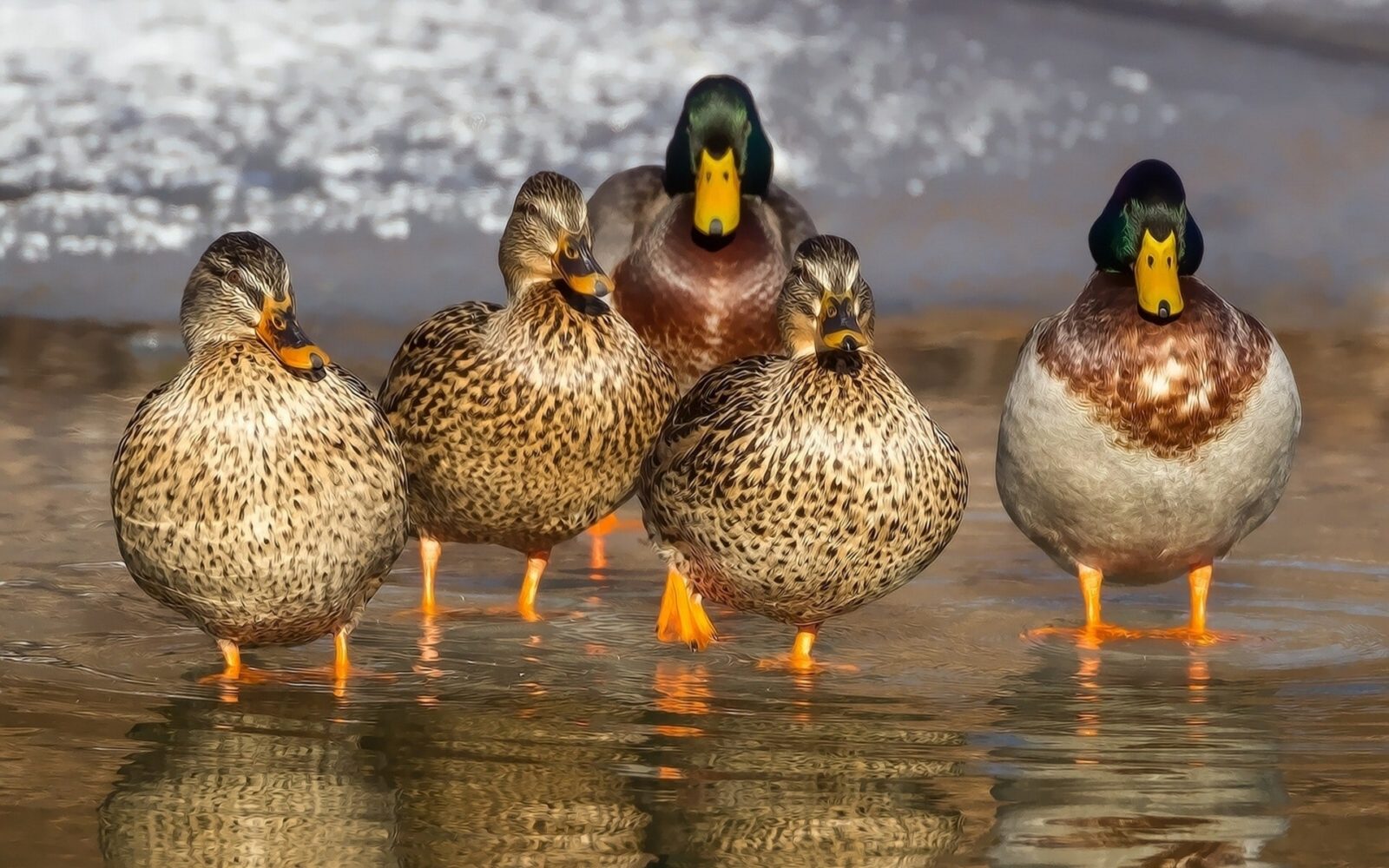After about four months, avian influenza was detected again in the Czech Republic. The outbreak is in a smallholding in the village of Trhové Dušníky in the Příbram region. The source of the disease was probably wild waterfowl, Petr Majer, on behalf of the State Veterinary Administration (SVS), said on Tuesday.
“A breeder reported the death of five geese from his small farm. There were also 16 hens and 11 ducks. “Clinically, signs typical of avian flu were observed in one of the ducks,” the veterinarians added. Vets culled the remaining poultry. A protection and surveillance zone will be set up around the outbreak, where conditions will be tightened, for example, for the movement of poultry.
The Czech Republic will lose its status as an avian flu-free country, making a trade-in between poultry meat and eggs with countries outside the European Union more difficult.
“The bird flu virus is still present to some extent in the wild bird population, although the infectious pressure is low compared to the cold winter and spring seasons,” the spokesman said. Influenza has not occurred in the country in recent years in the autumn. “It is therefore still necessary to observe the rules of hygienic safety in farms, especially to avoid contact between poultry and wild birds,” Majer added.
A ban on bird shows or poultry fairs
In the zones around the outbreaks, veterinarians will announce emergency veterinary measures to restrict the movement of poultry. “Inventories of poultry holdings will be carried out, and the organization of mass events such as poultry and bird fairs or exhibitions that pose a high risk of spreading diseases will be banned,” Majer said.
There have been 38 bird flu outbreaks in the country this year, and this is the 39th. About a quarter of a million birds have been culled in the country this year, with the disease hitting Perena’s duck farms hard. According to the Czech Chamber of Agriculture, this could mean disruptions in the duck market. Chicken meat and eggs are not yet affected.






Leave a Reply